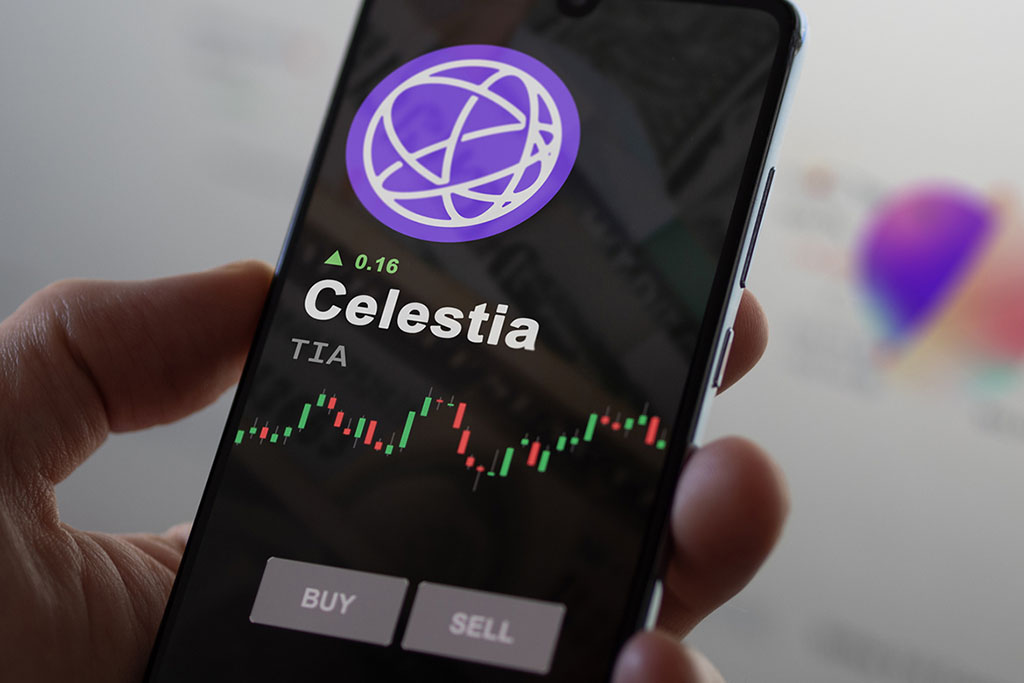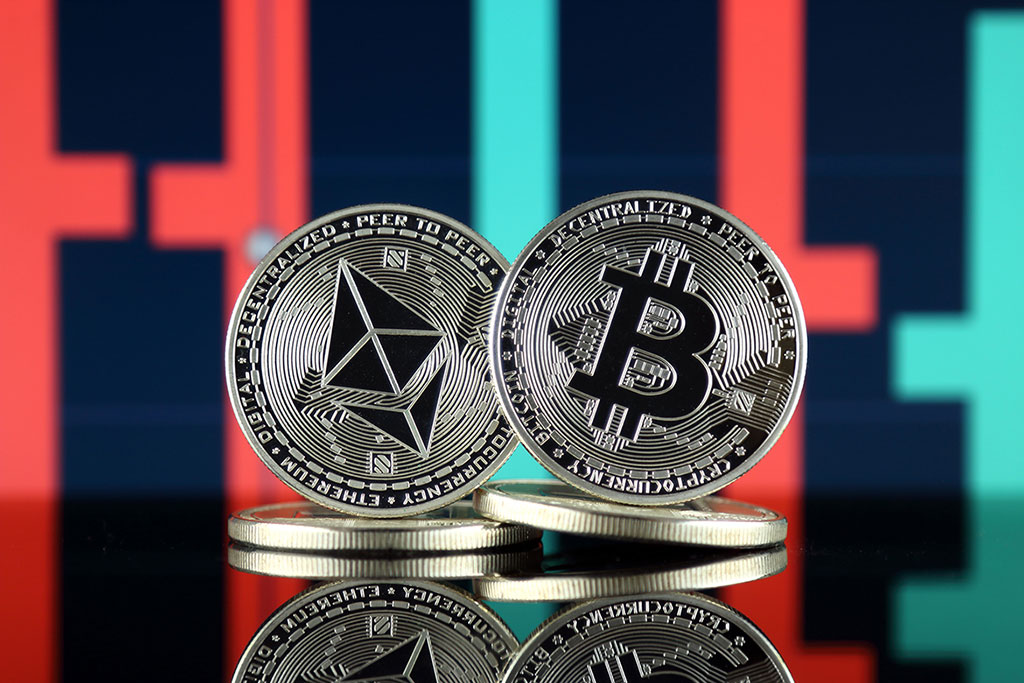
VC Firms Pour Nearly $660 Million in Crypto Startups in September
In September, venture capital firms invested a total of $659 million in crypto startups, representing a 3% increase from August.


1H
-0.21%$0.0039
24H
8.78%$0.1493
7D
12.6%$0.2070
30D
-16.3%$0.3600

In September, venture capital firms invested a total of $659 million in crypto startups, representing a 3% increase from August.

The largest token unlock of the month belongs to Celestia, which will unlock 175.56 million TIA tokens on October 30.

The release of Celestia’s $1.1B tokens is just one part of the massive token unlock wave coming in October.

In the past 24 hours, Celestia (TIA) price rallied over 13 percent to trade about $6.29 on Monday, thus initiating a fresh macro bull run.

The current wave of liquidations has sent shockwaves through the entire crypto community, with many traders reassessing their risk management strategies.
Celestia (TIA) is the first modular blockchain network that enables anyone to easily deploy their own blockchain with minimal overhead. Celestia scales by rethinking blockchain architecture from the ground up. It is a minimal blockchain that decouples execution from consensus by introducing a new primitive, data availability sampling. Since Celestia does not impose any execution or settlement constraints, developers are free to define their own execution and settlement environments. This unlocks new, unrealized possibilities for builders and developers.
Celestia is a departure from the status quo of monolithic blockchains. Monolithic blockchains face scaling difficulties because they perform all core functions of a blockchain such as processing transactions, ensuring that transactions are correct, and getting network nodes to agree on both the validity and ordering of transactions. Modular blockchains introduced the notion of decoupling consensus from the execution of transactions, thus achieving greater scalability without loss of security or decentralisation.
A modular approach to blockchains opens up a world of new possibilities. Experimentation becomes much easier as new application specific or general purpose blockchains can deploy to Celestia and immediately inherit security from Celestia’s validator set. Modular blockchains enable control over the rules of an application through sovereignty because developers can make alterations to the tech stack without permission from outside applications.
The MSCI Emerging Markets Index is an index that provides exposure to stocks of emerging markets countries. The benchmark includes over 1,300 stocks from 23 different countries. With this guide, you will learn about how it works and its advantages for investors.

Hedge funds provide institutional investors with an opportunity to receive returns that are not closely tied to the performance of the stock or bond market. In this guide, you may find everything you need to know about this investment opportunity.
